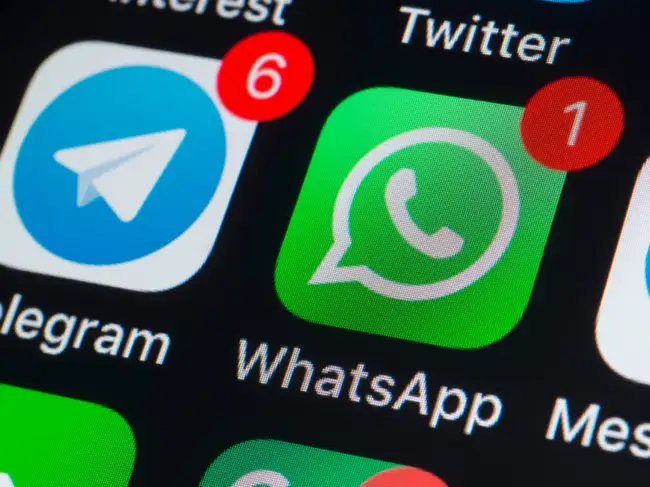Russia has begun restricting voice calls on WhatsApp and Telegram, accusing the apps of aiding fraud and sabotage.
This was announced on August 13, is part of Moscow’s growing grip on digital communication.
Roskomnadzor, the country’s media watchdog, said the apps had become “the main voice services used for fraud and extortion, and for involving Russian citizens in subversive and terrorist activities.”
The ban affects over 100 million WhatsApp users and nearly 90 million Telegram users across Russia.
Encrypted Apps vs State Surveillance
Russia wants both platforms to hand over user data to law enforcement. Officials say the restrictions will remain until the companies “start complying with Russian legislation.”
Telegram responded, saying it “actively combats misuse of its platform, including calls for sabotage or violence, as well as fraud,” and removes “millions of pieces of harmful content every day.”
Meta, which owns WhatsApp, fired back. “WhatsApp is private, end-to-end encrypted, and defies government attempts to violate people’s right to secure communication, which is why Russia is trying to block it from over 100 million Russian people,” a spokesperson said.
Digital Sovereignty or Digital Control?
Since its invasion of Ukraine in 2022, Russia has tightened control over online speech. Authorities claim Ukraine uses Telegram to recruit agents and coordinate sabotage inside Russia.
The Kremlin is also pushing a domestic messaging app called Max. Critics say it’s designed to allow surveillance and replace foreign platforms.
Some users report video calls are also affected, despite official claims that only voice calls are restricted. Others fear this is just the beginning of broader censorship.
In your view, should encrypted apps give governments access to user data? Or is privacy worth defending at all costs?Rate, Like 👍, Comment💬, share this article, Follow us on our social media handles, and Submit your own story to get featured and earn rewards!







